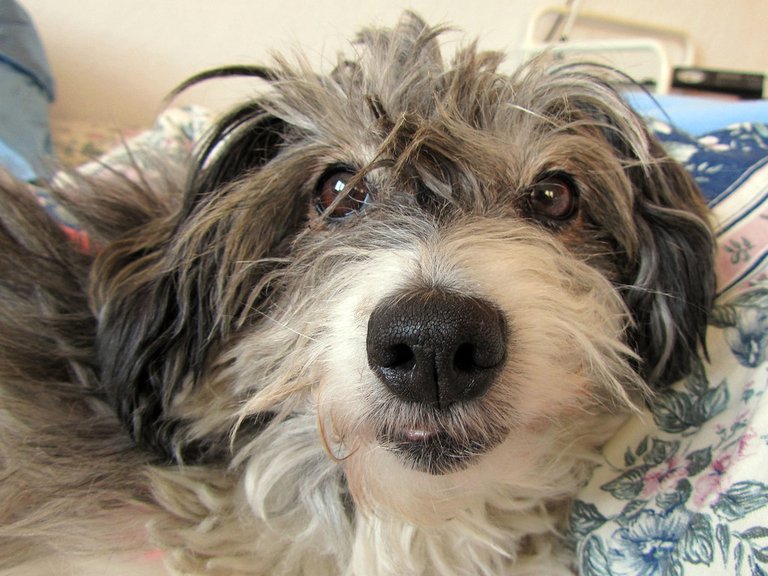Do Animals have to worry about Cholera?
Cholera is no friend of man; it is one serious infection that is gotten through the spread of contaminated water (this is what everyone knows), but there is more about cholera than water infection. However, you know I am more particular about writing about animals on this page, and when I was thinking about cholera as a serious human infection, I started to think about it's effect on our dear animals.

staticflickr
Cholera is endemic in Africa, the Middle East, Central and South America, some parts of Asia, and the Gulf Coast of the United States. While these are particularly endemic countries affected by cholera, an outbreak can occur in any country. The epidemic outbreak happens more in underdeveloped countries than developed ones.
Cholera happens due to an infection from Vibrio cholera, which is a Gram-negative one basically found in water regions like rivers and lakes. Cholera has been affecting the human population for thousands of years now, and it remains prevalent in developing nations.
Humans can get infected with V. Cholerae* after an ingestion of water or food that has become contaminated with the microorganism. After the process of ingestion, the bacteria that survive through the acidic milieu of the stomach can multiply subsequently within the small intestine.
I know about places in my country where there isn't still good access to clean water, so it is safe to assume that these areas would have people who battle with cholera, but aside from humans, v.cholerae has not been known to affect other mammals.

staticflickr
Usually, wild animals have been known to be natural reservoirs of pathogens. Several infections of humans are transmitted from wild animals; examples are the ebola virus and the severe acute respiratory syndrome coronavirus.
A large species of animals has not been noticed to get cholera; dogs, on the other hand, may become infected after they have been exposed to Vibrio cholera on a large scale; this can be gotten through contact with contaminated water or food.
Even if the wild cannot be blamed for cholera infection just yet, experts advise that attention be paid to zoonosis and prevention plans be formulated in order to eliminate the chances of zoonosis and understand the relationship betweenV cholera and humans.
Most times, when an animal has gotten infected with cholera, they wouldn't show any symptom, but in some of the cases where symptoms are shown, there would be a large amount of watery diarrhea and vomiting. Some cases can get them dehydrated, which could lead to death.
Generally, cholera is caused by poor sanitation, leading to contaminated water supplies. Infection in humans usually happens very fast; the rapid damage could happen within 5 hours, including severe watery diarrhea and vomiting. It could get so serious that the individual loses all body fluids and becomes dehydrated, which could lead to death.

Pexels
A lot of people who recover still excrete V. cholerae while diarrhea is present in the body for a few days. Some other people carry the organisms in the gall bladder for several months.
Treatment is dependent on fluid replacement and the restoration of electrolyte balance. Antibiotics taken would limit the volume of stool, decrease the shedding of organisms, and reduce the course of the disease, but antibiotics alone are not usually sufficient treatment.
A good vaccine hasn't been developed yet, but a parenteral vaccine of whole killed bacteria has been used widely. Report, however, has it that this vaccine has been relatively ineffective and most often not recommended.
The conclusion of the matter is that humans can stand to become a great victim of cholera, and poor sanitation is often a major cause of that. Animals, on the other hand, would most likely not get infected, but this is not to completely eliminate the possibility of it's occurring.
Signs of diarrhea need to be watched out for and reported to the vet as soon as noticed.
Sending Love and Ecency Vote!

Highly appreciated 🙏